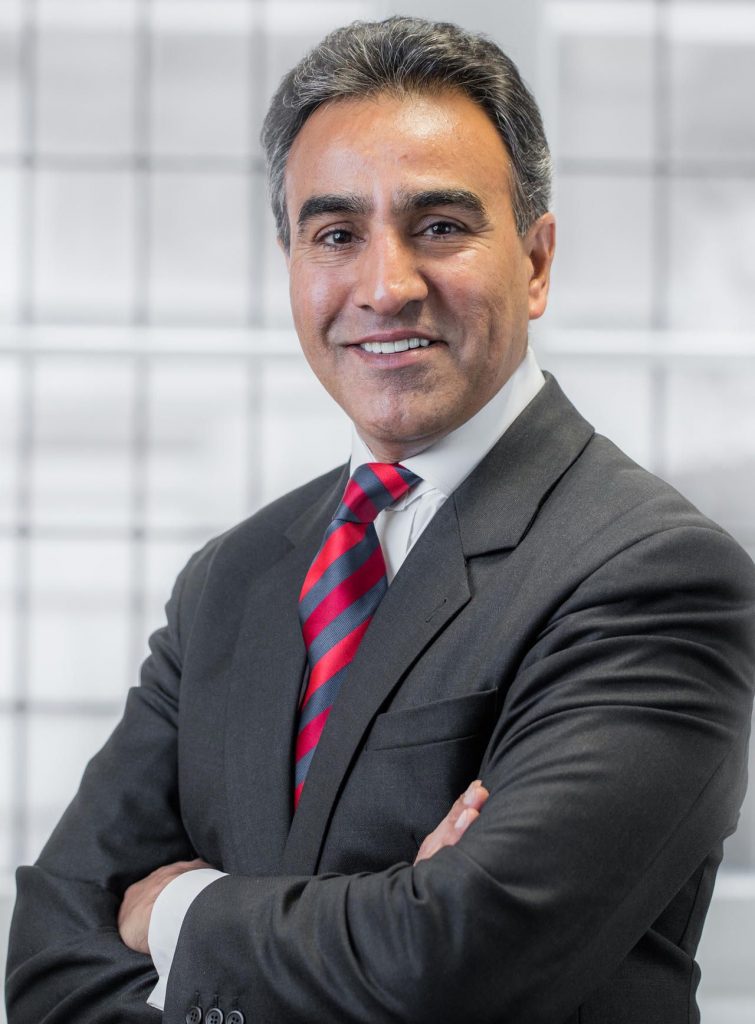Monday Message 06.06.22
 Your voice, your vote
Your voice, your vote
Over the next few days, every member of the Criminal Bar will have the opportunity to express their view on the direction we should take to secure the future survival of our profession. All options will be open for discussion. The series of zoom meetings will culminate in a ballot to be issued on Saturday and which will close eight days later. Any action mandated by our members will follow almost immediately.
In my last Monday Message I made clear that the refusal by criminal barristers to undertake return work was a minimum response to the continuing refusal of Government to accede to our legitimate demands for a fair settlement. The unremitting and perennial decline in our real incomes combined with intolerable and unpaid increases in our workload have already driven away far too many of our colleagues. Those that remain bear the burden of a backlog of 58,000 cases that is barely diminishing.
Our first ballot resulted in an overwhelming vote in favour of a 25% increase to AGFS fees because we recognised that anything less would fail even to reverse the collapse in our average fee incomes by 23% at the height of the pandemic. In the months following the ballot, spiralling inflation has vindicated our warnings that Government’s proposed increase of 15% would be all but extinguished by the time any enhanced payments started arriving in late 2023 and beyond.
The ballot also reinforced our entirely reasonable demands to be paid for written work, a second brief fee in section 28 cases, and for an effective pay review body supported by index linking. Notwithstanding that some of these improvements were recommended by the CLAR, Government has given no assurance that these long-awaited reforms will ever be instituted. On the contrary, it insists that any future changes must be cost neutral. In other words, there is no commitment to providing the necessary additional funding to give effect to these changes which we believe are critical to ensuring the long-term viability of criminal legal aid work. Even the £240m saved by Government in unspent AGFS fees in a single year of the pandemic will not be made available; such is the low priority accorded to the women and men who have kept the criminal justice system afloat during the worst crisis in its history.
It is this background that will inform our discussions this week with fellow criminal barristers across our jurisdiction. The stakes could not be higher.
Diversity in action
The Criminal Bar has led the way in the promotion of diversity within our profession. We have much to be proud of. Despite the serious challenges we face, we must therefore continue to encourage the broadest recruitment into our ranks so that we properly reflect the society that we serve. To that end, we salute the efforts of our colleagues on the North Eastern Circuit’s Diversity & Inclusion Committee in producing a moving and inspiring video that pays tribute to the progress we have made.
The video reflects the real-life experiences of many barristers who have struggled to find a place at the Bar. Whether they are black, brown, female, disabled and/or come from working class backgrounds, the common denominator is that they faced immense obstacles in obtaining the opportunities needed to prove that they were as good as anyone else. As someone who was raised in Southall from immigrant stock, it’s a story with which I readily identify.
We also welcome the initiative taken by the Race Equality Committee of Women in Criminal Law who will be hosting a panel event of women who have taken silk or who have been appointed as Recorders this year. It takes place on 16th June at the Middle Temple. Although all tickets have sold out, anyone still hoping for a seat can sign up to a waiting list at [email protected]
What all of these laudable efforts demonstrate is that the struggle we face in saving the Criminal Bar from a slow and painful demise is as much a battle to ensure that it remains a place where individuals from all backgrounds feel they can still have a future, pursuing a career they love and for which they have already sacrificed so much.
Indeed, listening to the voices and stories of our colleagues reminds us that none of the gains we have made in diversity can be taken for granted. That progress is fragile. Those who joined us with the least are the ones we will continue to lose if we are not willing to fight for the long-term future of our profession.
View more news